Frances S. Ligler: I work on problems that keep me awake at night. Fear is a great motivator!
Alexander Makarov: It’s always difficult and error-prone to decide which battles to fight. And like any battle, you need i) a bigger strategic goal to guide you, ii) resources, and iii) the capability to tackle the immediate challenge.
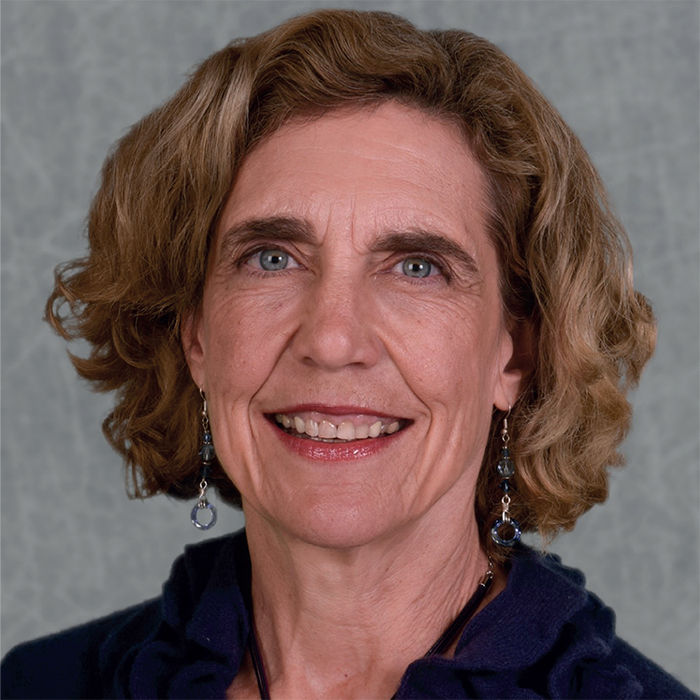
Frances S. Ligler
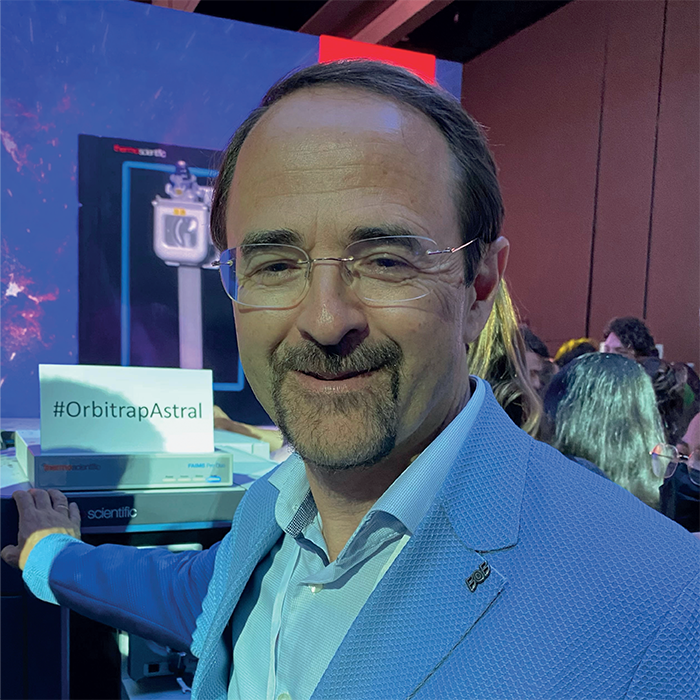
Alexander Makarov
Erin Baker: To truly dive into a problem, you must love the area you’re working in. There have been many times that I wanted to apply for a proposal because it seemed like a good opportunity for funding, but when I searched inside myself, I couldn’t put my all into that specific research area. Therefore, I’ve passed on multiple opportunities to focus on studies I can be passionate about.
Ian Wilson: These days the problems tend to find me! Otherwise, I find that looking at past problems that couldn’t be solved due to lacking technology, provides some interesting opportunities.
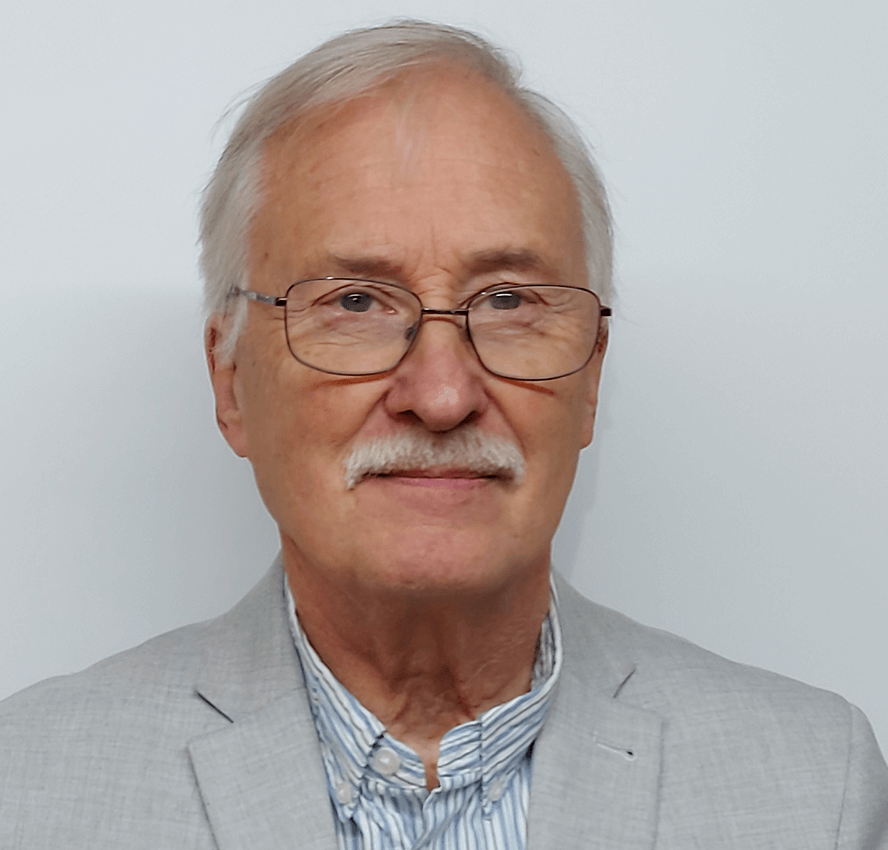
Ian Wilson
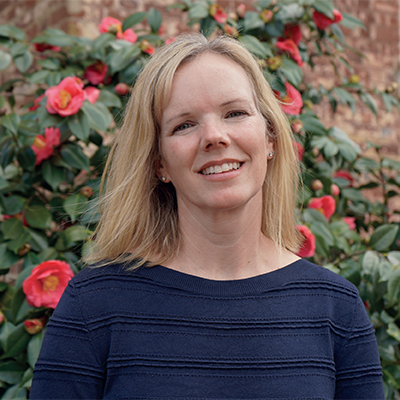
Erin Baker
David E. Clemmer: When I started in the lab, I had very clear ideas on what I wanted to work on, but I wasn’t sure where they would lead. As my lab established itself, it soon attracted a number of talented students and postdocs who had plenty of ideas. After running initial experiments of their ideas, by the time they presented the work to me, they had a pretty good feeling about it. Essentially, the projects that took longer for me to understand would be put on hold as a future challenge to tackle. But those experiments that went as planned were also important. We also found ourselves testing ideas that we didn’t expect, which is what we ultimately ended up working on. Early on, I was worried about us working in this way but now, looking back, I’m not sure why I was so concerned. It was that result that we couldn’t quite pin down that required a new type of measurement.
Chris Pohl: Although some of my ideas have come from chance discoveries, the most important guiding factor is often based on input from the target user of the technology. It’s often tempting to ask a prospective user what products they need, but they generally don’t have a good idea of what is possible. A much better strategy is in watching prospective customers and asking them about their problems. If we’re seeing a pattern, that provides us with a solid basis for areas to target for innovation and invention.
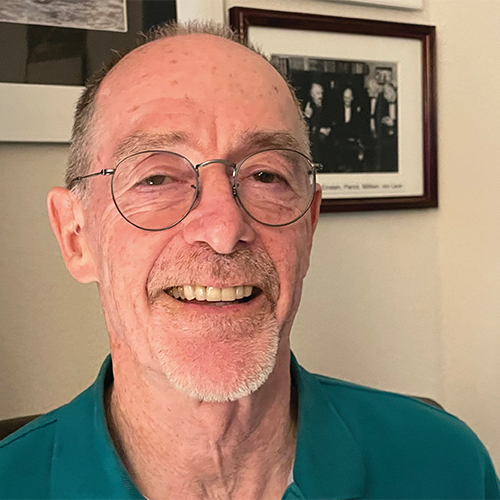
Chris Pohl
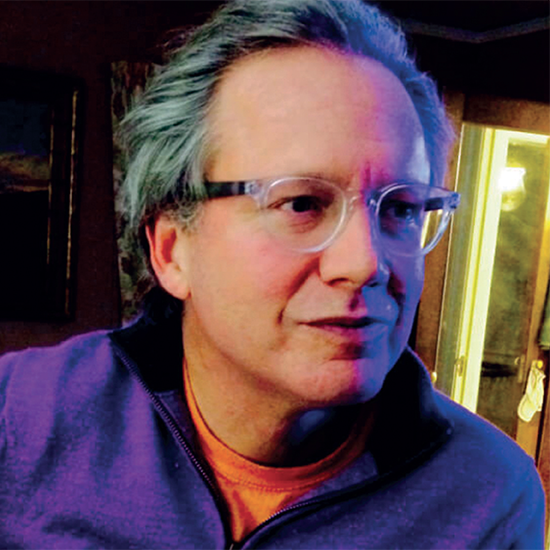
David E. Clemmer
Fabrice Gritti: The problems to be tackled are those limiting speed, accuracy, robustness, and ease-of-use in current analytical methods in the field.
James W. Jorgenson: Tackle problems that people need to have solved – talk to colleagues and read up on what the important issues are across the field. But try to avoid developing a solution in search of a problem.
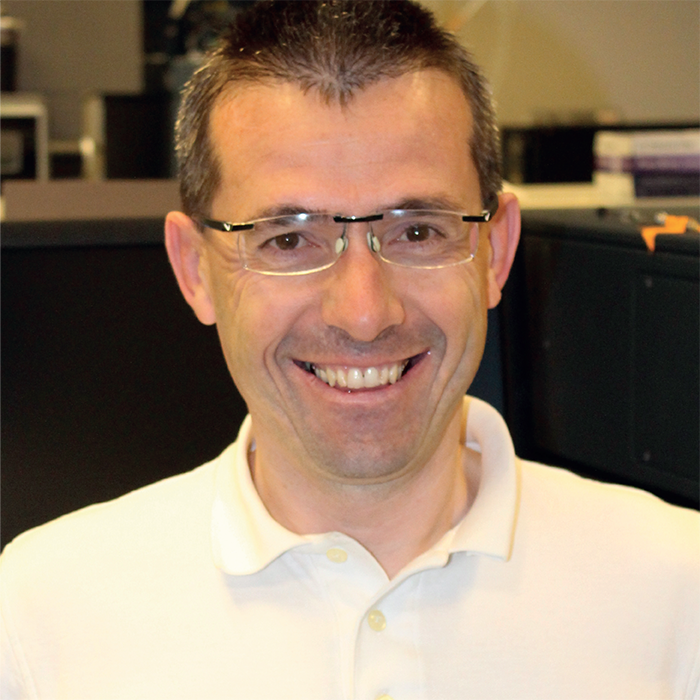
Fabrice Gritti
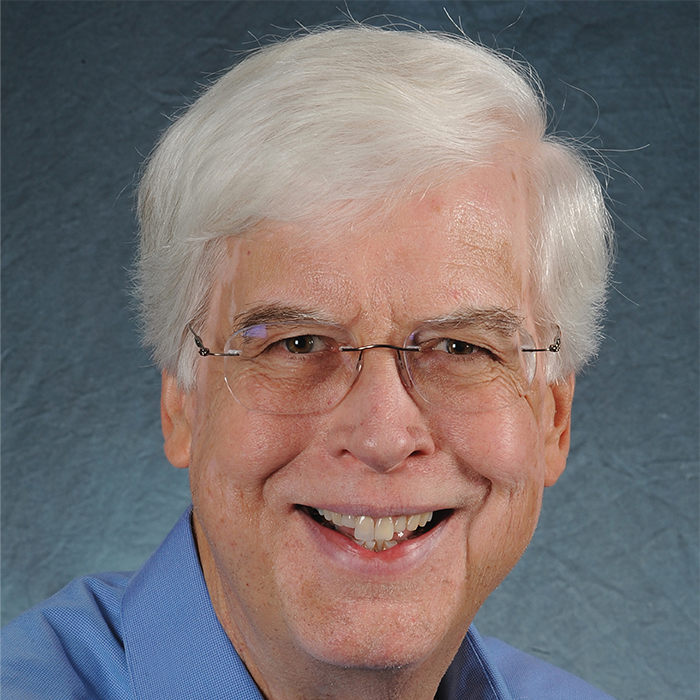
James W. Jorgenson
J. Michael Ramsey: I like to solve problems that will lead to positive societal impacts and to which I can apply my team’s existing skill sets.
Chad Mirkin: My group's approach is grounded in the scientific method – allowing us to explore new areas fearlessly. We pursue intellectually stimulating ideas that will open new avenues with great potential for advancing tools, technology, and society.
Ron Heeren: Find the most impactful question first and define where you and your expertise can make a difference. Next, find the right internal and external collaborators that are interested in such a development. Ideally, these projects should be interdisciplinary activities – helping to expand the horizons of all involved.
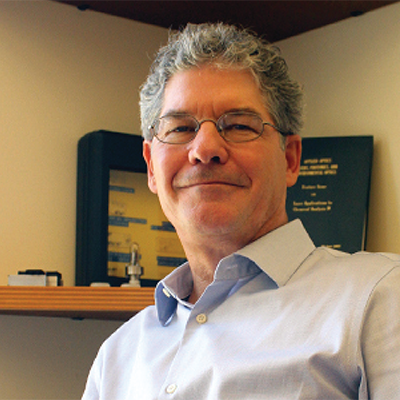
J. Michael Ramsey

Chad Mirkin
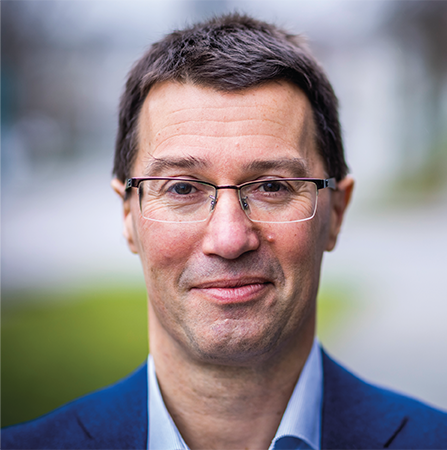
Ron Heeren
Credit: Images for collage sourced from Pexels.com




